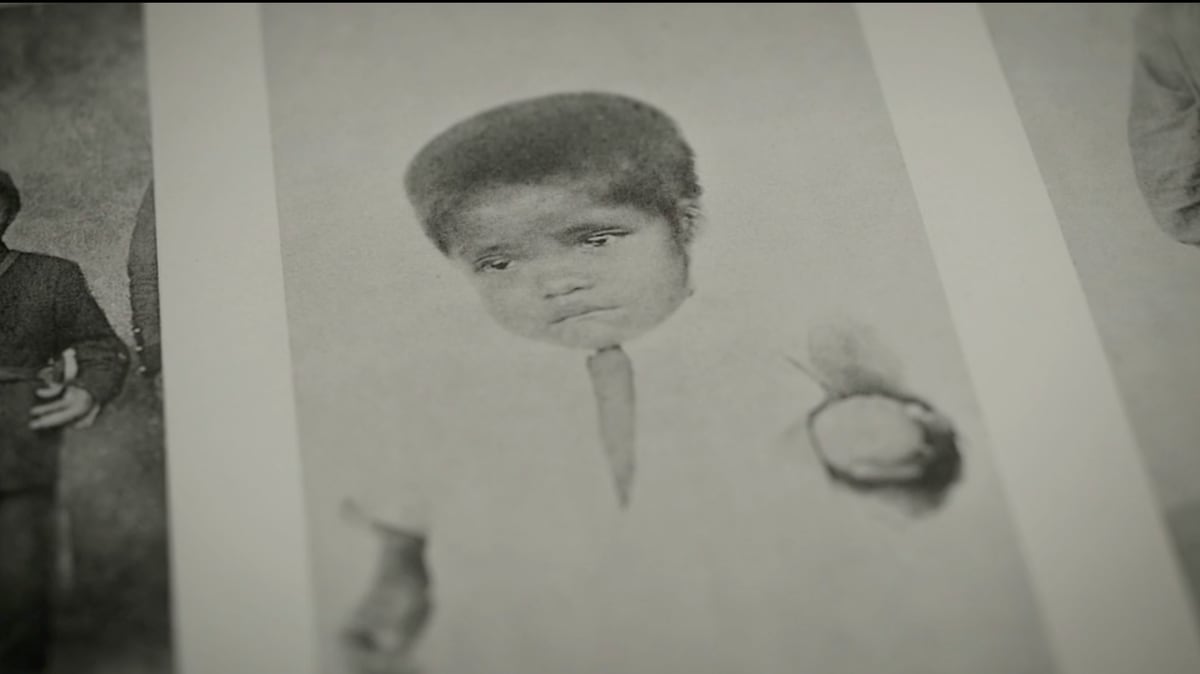Norberto Bobbio, who in
De Senectute
turned the study of age into a more than enjoyable science, says that “talking about oneself is a late-age habit.
And only, in part, it can be attributed to vanity.
As it is about learning new habits, and making use of that license to vanity, it is that I write these lines when crossing the threshold of 80 years.
Old people tend to talk about the past in a didactic way, with the understanding that all experience teaches, and, therefore, there is a risk of falling into self-help advice, which is not so disrespectful if one thinks of the other.
De Senectute,
written more than 2,000 years before Bobbio's.
Aging, as an art that can be taught.
Cicero gives voice in his book to an 84-year-old man, Cato, in a dialogue with two young men to whom he seeks to provide healthy warnings;
but he was only 62 when he wrote his reflections, and he was not yet of old age, that is, senile, an expression that repels me because of the lack of dignity it conveys.
Senile is someone who no longer owns himself, and that is something to be feared.
The opposite of senility is lucidity, which for a writer has to do with memory and imagination.
And it is at this threshold that the challenge begins so that the sources of memory do not dry up, and so that the mirrors of the imagination do not extinguish their incandescent reflections.
In
The Bazaar of Memory: How We Build Memories and How Memories Build Us
, Irish psychiatrist Veronica O'Keane shows us how, over the years, while neurons take care of memories, like an archive that can always be review, your ability to record new ones gets poorer.
And the imagination, which is nothing but an emanation of memory, continues spinning on its spinning wheel.
The past, which is that foreign country where people do things differently, as JP Hartley writes in
The Go-Between
;
frames, more than sequences, and thus we arrive at the usual question: what is your first memory?
I am three years old.
One morning when the light streams through the windows, I have just been bathed in a basin of water and the girl picks me up, she deposits me on the drawer of the sewing machine, and dries me with the towel.
The sewing machine, the voice of the girl who asks me to be still while she goes to pour the water from the basin onto the patio, are they emanations of the imagination that rise from the cavern of memory?
How much is true and how much is a lie in memory?
Without that uncertainty, writing would not exist.
“And you know that what is left, or what you have managed to get out of that bottomless pit, is but an infinitesimal part of a part of your life,” says Bobbio.
“Don't stop, don't stop serving.
Every face, every gesture, every word, every song, no matter how far away, recovered when they seemed lost forever, help you survive.
Because writing is a way to survive.
Without writing, he would be an old man playing an eternal game of dominoes in a provincial park, or rocking relentlessly in a rocking chair that he takes out on the sidewalk every afternoon to fill in the boxes of an infinite crossword puzzle.
A way to survive and multiply in other lives.
The lives of others, being several people at the same time, the voices of the characters that take me from one mind to another mind to contradict myself in the counterpoint of the dialogues, a Faustian prolongation of existence not forward, but to the sides.
Writing is the fourth dimension.
My fear of old age is not in death, but in the loss of curiosity, without which writing does not exist either.
That state of permanent alertness that brings to the page not only memories, but also the voices heard on the street, the stories told on the bus or at the next table in the restaurant, the minute threads that make up the canvas of the reality that happens every day in front of your eyes.
And curiosity as a door to modernity.
For Virginia Woolf in
Orlando,
the modernity of the nineteenth century was marked by a few inventions, the most decisive of all the railway.
In my 80 years of life, from one century to the next, I have left behind the Morse code crank telegraph, the magneto telephone, cathode ray tube radios, black and white analog television, the mechanical typewriter , the linotype and the flat press, archaic and forgotten instruments, which I have survived, to enter the infinite diversity of the digital world that controls all forms of communication and cultural expression.
From the monoverse, to the pluriverse, to the metaverse.
To feel alienated from that world, or separated from it, like the anchorites on the column in the desert, is to accept old age as a sentence, and not as a challenge.
Constant surprise demands constant curiosity.
Lack of curiosity is marginalization and ostracism in the face of a world that is moving too quickly into the future, and for which we must seek the sense of depth, because what it teaches us most of the time is its banal surface.
The future is shortened to the extent that we let it happen on its own.
The poet Salomón de la Selva, in
Evocation of Pindar
, taught me a sentence forever: “I must never be a grumpy old man, nor greedy, nor entirely old”.
There is also a cure for these ills.
Always laugh at the grumpy and the miserly, bad caricature of the old, and, above all, know how to laugh at oneself.
Sergio Ramírez
is a writer and Cevantes award winner.
50% off
Subscribe to continue reading
read without limits
Keep reading
I'm already a subscriber

/cloudfront-eu-central-1.images.arcpublishing.com/prisa/YXXW2ONT65HOBNEVJWT6SOWQEM.jpg)







